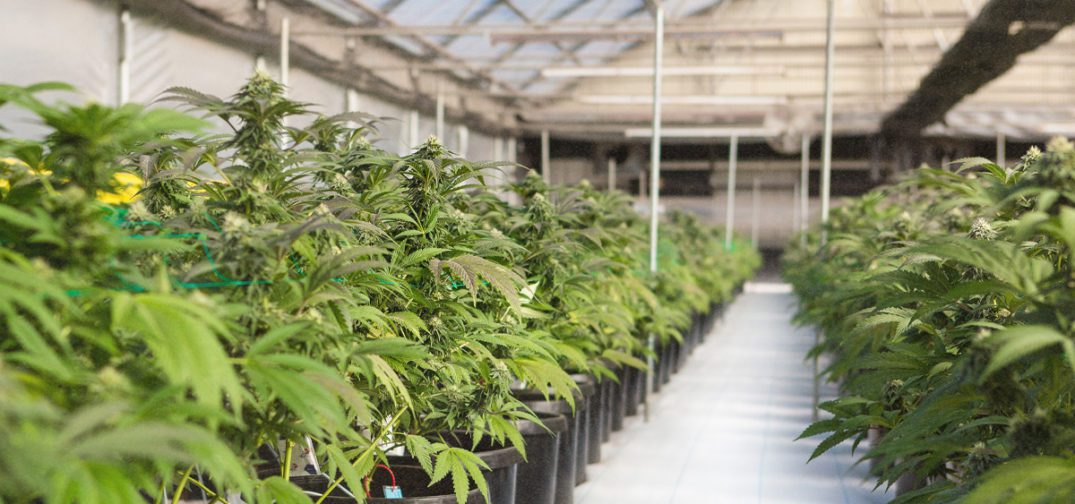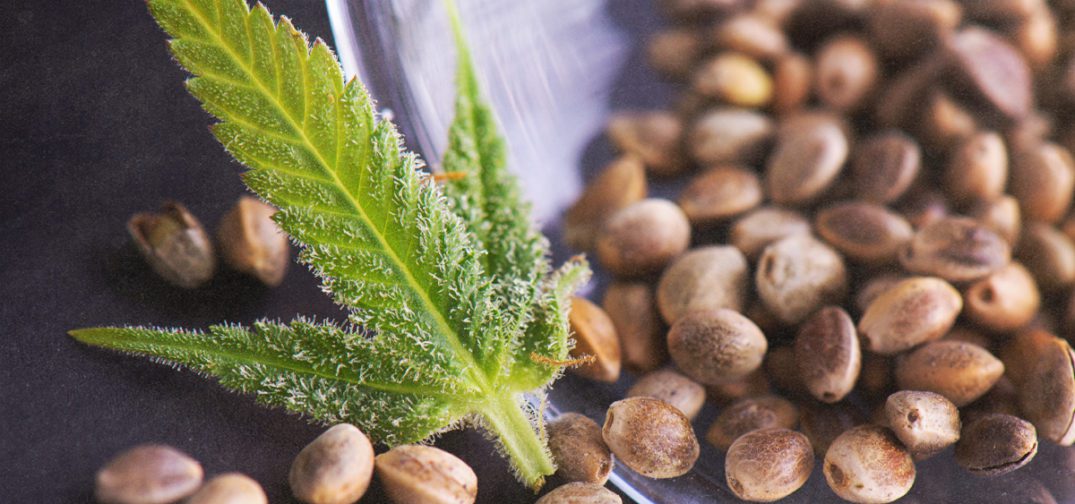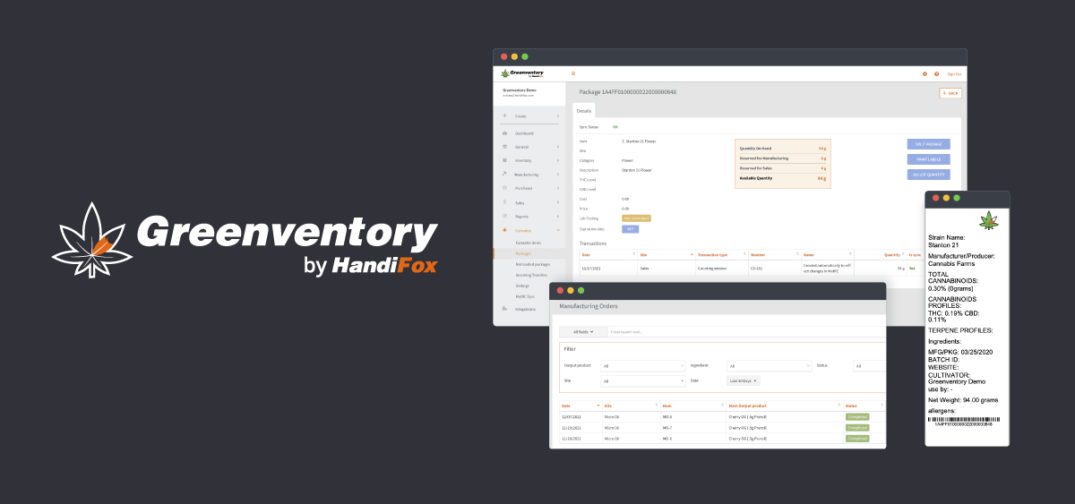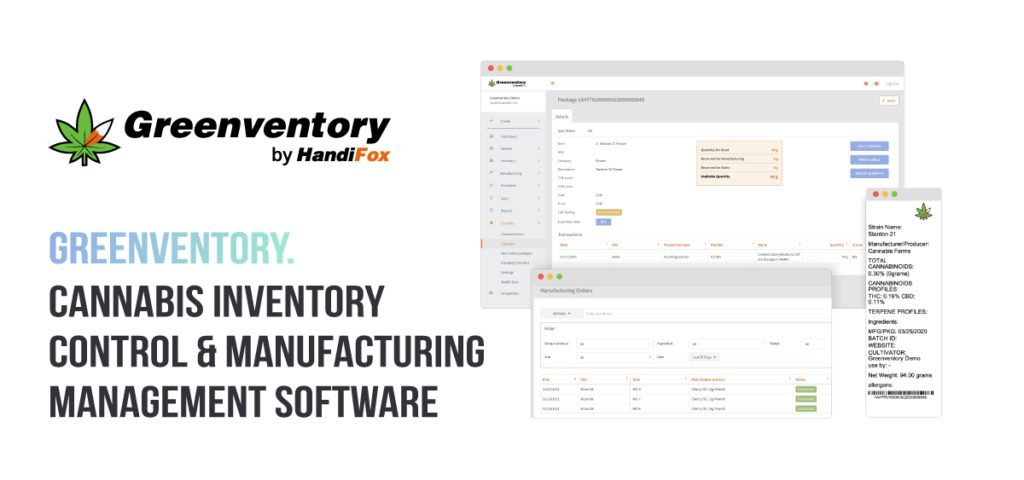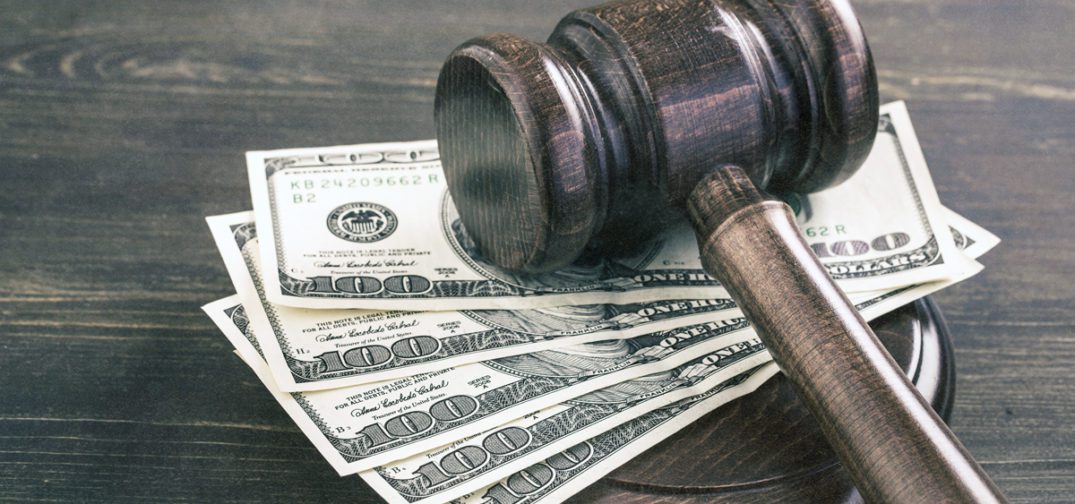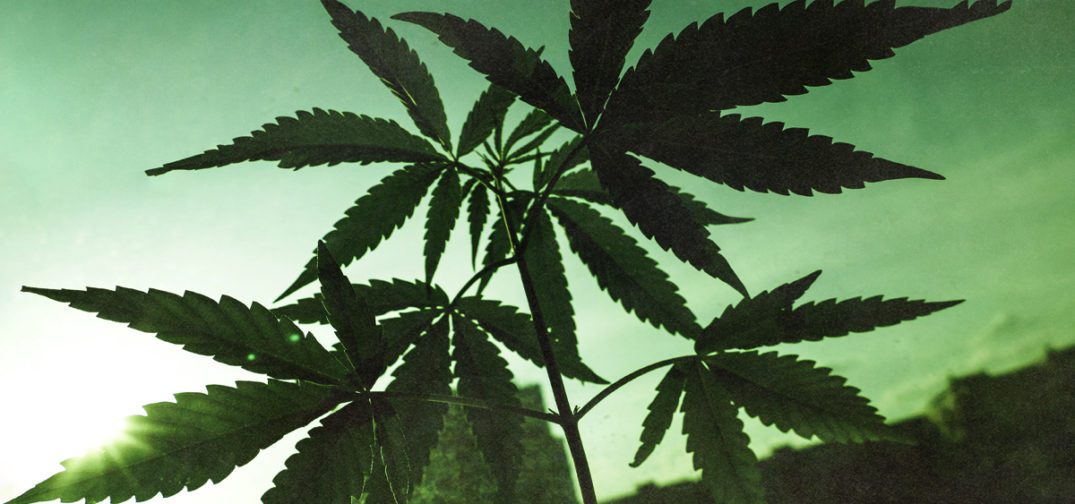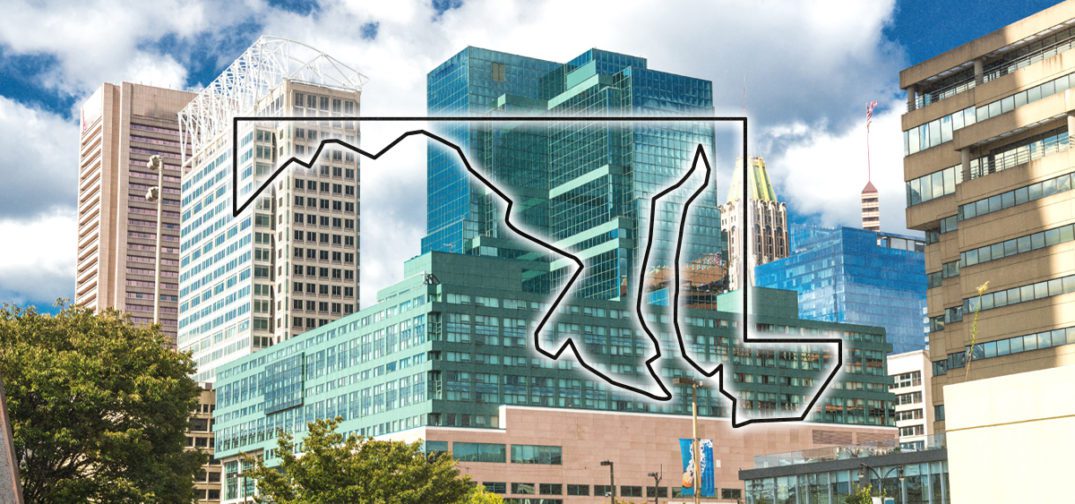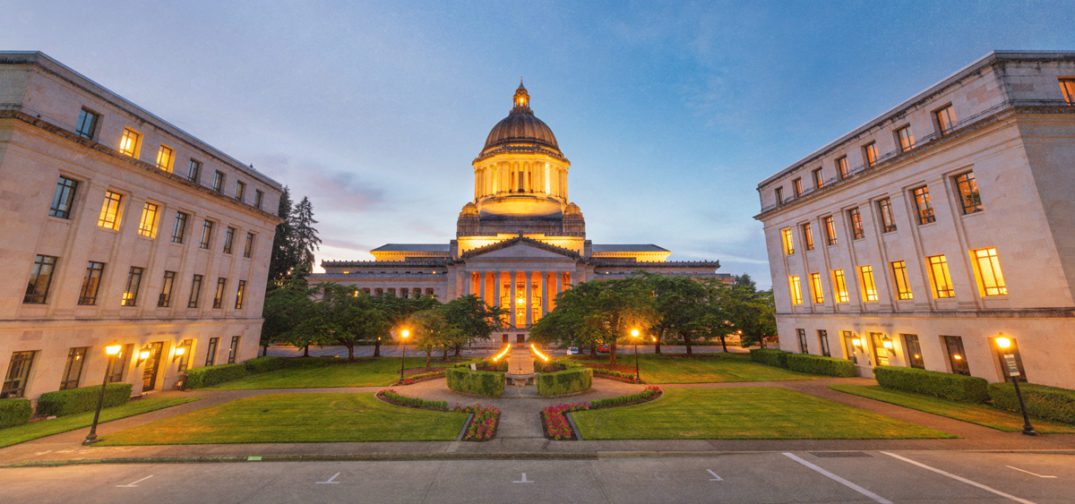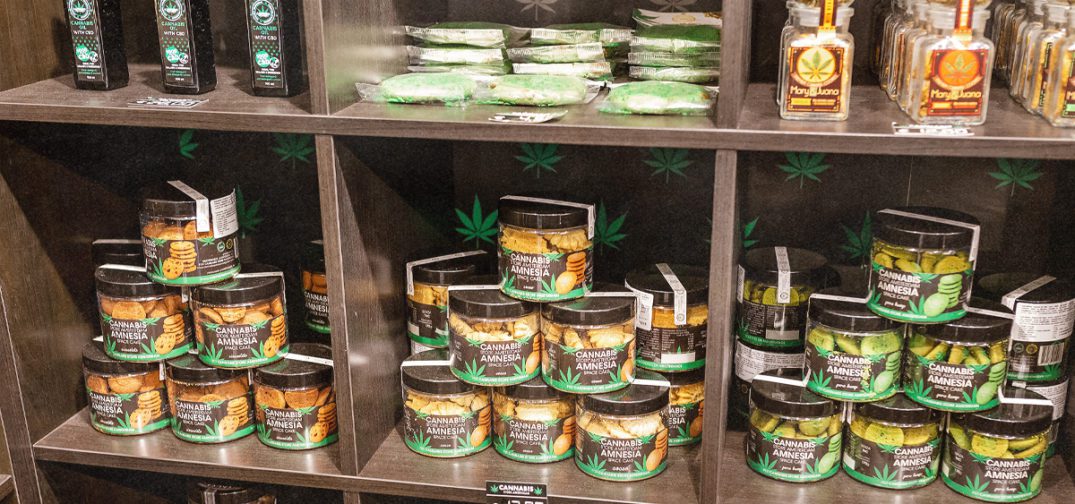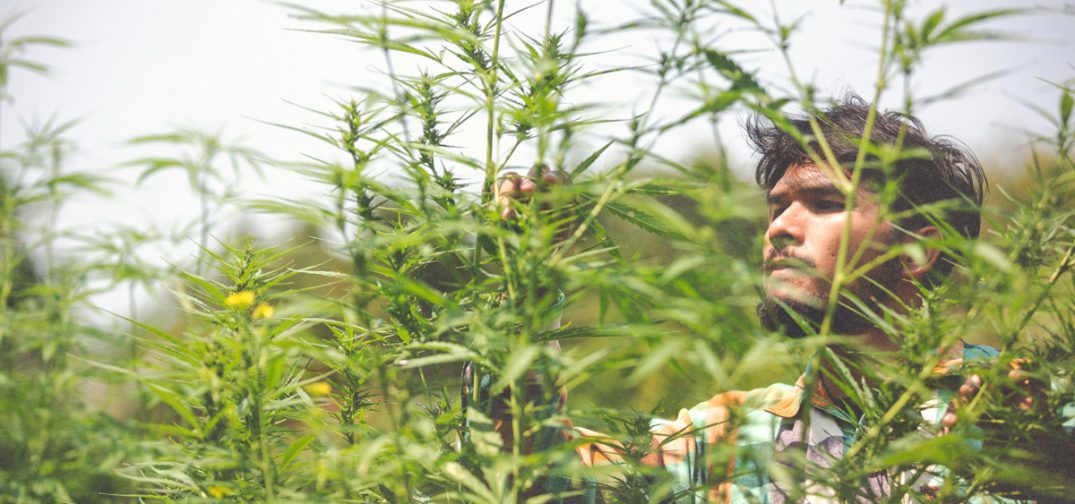WNBA All-Star Brittney Griner is being detained in Russia after being arrested last month in Moscow for possessing vape cartridges containing cannabis oil, the Associated Press reports. Griner plays for the Phoenix Mercury and has played for Russia for the last seven years during the winter offseason, earning $1 million per season, which is more than four times her WNBA salary, the report says.
The vape cartridges were found during a search of her luggage at customs.
Griner’s agent, Lindsay Kagawa Colas, said that she and her team are “aware of the situation…and are in close contact with her, her legal representation in Russia, her family, her teams, and the WNBA and NBA.”
“As this is an ongoing legal matter, we are not able to comment further on the specifics of her case but can confirm that as we work to get her home, her mental and physical health remain our primary concern.” – Kagawa Colas to the AP
The WNBA said the seven-time All-Star has the “full support” of the league, which added that its “main priority is her swift and safe return to the United States.”
Griner, 31, has won two Olympic gold medals with the U.S., a WNBA championship with the Mercury, and a national championship at Baylor.
The Russian Federal Customs Service issued a statement on Saturday indicating that it has opened a criminal investigation into the large-scale transportation of drugs, which in Russia can carry a prison sentence of up to 10 years. The statement did not name Griner.
Last Saturday, the U.S. State Department issued a “do not travel” advisory for Russia because of its invasion of Ukraine. The agency urged all U.S. citizens to depart the country immediately, saying there is “the potential for harassment against U.S. citizens by Russian government security officials” and “the Embassy’s limited ability to assist” Americans in Russia.
Secretary of State Antony Blinken said during remarks at a news conference in Moldova on Sunday the U.S. will “provide every possible assistance” to citizens who are being held in foreign countries but did not speak directly to Griner’s case citing “privacy considerations.”
“Whenever an American is detained anywhere in the world, we, of course, stand ready to provide every possible assistance, and that includes in Russia,” he said, according to an ESPN report. “We have an embassy team that’s working on the cases of other Americans who are detained in Russia. We’re doing everything we can to see to it that their rights are upheld and respected.”
Evelyn Farkas, a former top Pentagon official who served as the U.S. Deputy Assistant Secretary of Defense for Russia and Ukraine from 2012-15, told Yahoo Sports that Russia could use Griner as a “high-profile hostage” as tensions between the U.S. and Russia reach a fever pitch over the war in Ukraine.
“If we want her out of jail, Russia is going to have some terms,” Farkas said. “It could be a prisoner swap. They also could use it as an implicit threat or blackmail to get us to do something or not do something. Either way, they find it useful.”
End




